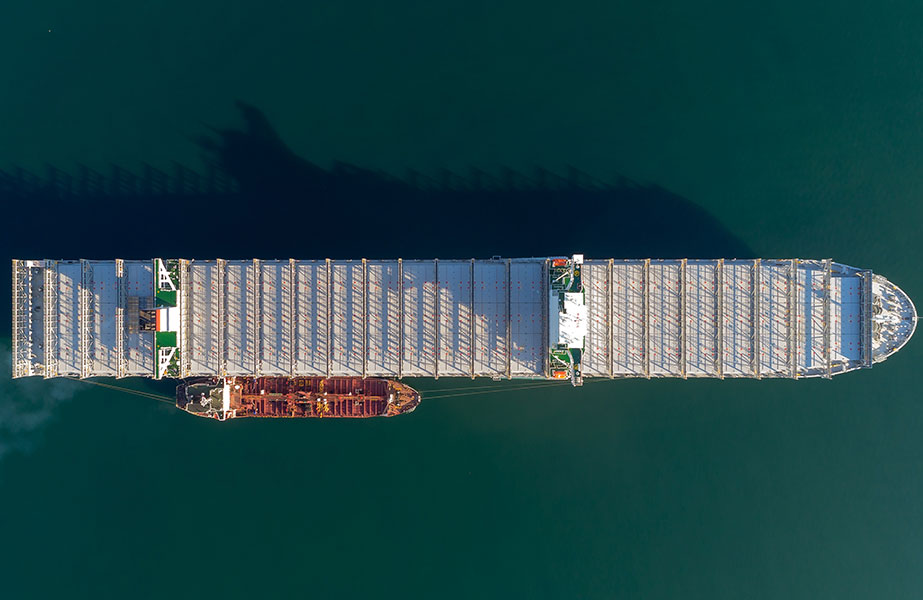The agreement was signed by the Saudi operator Red Sea Gateway Terminal
Tadjourah – The control of trade routes and maritime infrastructure is confirmed as the real stake of the new global economy. The latest move comes from Saudi Arabia and focuses on one of the most sensitive areas in the world: the Horn of Africa. The Saudi operator Red Sea Gateway Terminal (Rsgt) has signed a thirty-year concession agreement with Djibouti to manage and develop the port of Tadjourah. This is an operation that significantly strengthens the Kingdom’s influence in a key position: the southern entrance to the Red Sea, a vital corridor for trade between Asia and Europe. The Tadjourah facility, inaugurated in 2017, was specifically designed as an access point for Ethiopia, a landlocked country with a rapidly growing economy. General goods transit through this terminal, and above all, the export of potash, a mineral essential for fertilizers, extracted in the Ethiopian region of Afar. The Saudi company has committed to transforming Tadjourah into a multipurpose terminal and aims to increase its handling capacity to up to five million tons per year, consolidating Djibouti’s role as a leading logistics hub in the Horn of Africa. Making the agreement even more impactful is Ethiopia’s parallel announcement of a $1.58 billion plan for a new railway line that will connect the North of the country directly to Tadjourah, multiplying the port’s importance as a maritime outlet. This move by Rsgt fits into a context of new infrastructure geopolitics. Djibouti has long been a crossroads of international interests, given its position at the entrance to the Bab-el-Mandeb strait, and China is already a dominant player, having financed and managed other port facilities. Gulf operators, with their vast liquidity, are rapidly expanding their influence in Africa, aiming to diversify their economies and gain control of vital trade routes. Control of strategic African ports guarantees emerging players decisive leverage over global logistics. As global tensions make the Red Sea an increasingly focal point, those who own the port infrastructure control its commercial flow, effectively rewriting supply chains and global power relations.





